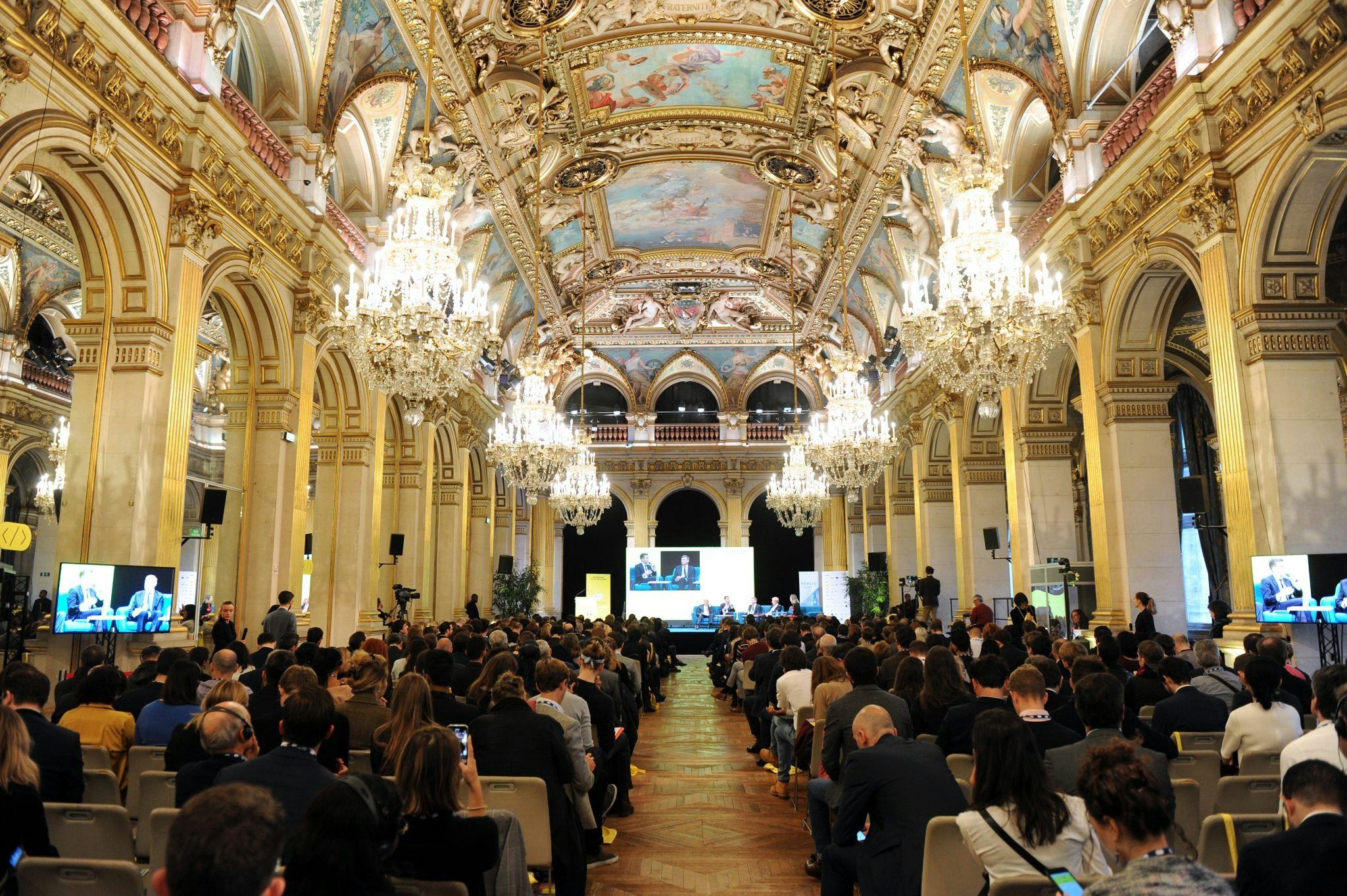You might think that as an American investor in the heart of the tech startup universe — Silicon Valley — I’d want to stay local in my search for new entrepreneurs to work with. Why would I cast my net into a different time zone and risk cultural differences when there are plenty of up-and-coming SaaS startups here?
But me and my colleagues at the VC firm I cofounded actively seek out overseas startups, especially in Europe. Why?
Firstly, it’s a thriving tech scene.
Secondly, there are brilliant and talented founders everywhere and it has become easier to start companies anywhere.
Thirdly, and most significantly, almost all startups want to conquer the US market because it is the biggest market in the world. If you are an enterprise SaaS business, you have to be in the US to hit big numbers. The best way to making inroads to conquer the US market is usually to start an operation here. That means either sending a senior member to the US or making a strategic hire and committing to lots of travel.
Cultural differences - Europe and US VC
I sit on the boards of many of the companies I invest in so I am privy to the different management styles and cultural differences in growing businesses in different continents. I’m involved with European tech startups Algolia, Digital Shadows and Talkdesk. Here are some of the differences I’ve noted when working with European entrepreneurs vs US ones.
"European companies and founders are more conservative than their counterparts in Silicon Valley."
Firstly, European companies and founders are more conservative than their counterparts in Silicon Valley. This is in part due to there being less financing available historically, so they have had to focus on revenue growth rather than the typical Silicon Valley “fake it until you make it” mentality. It’s refreshing.
Secondly, European companies tend to value equity far less than those in Silicon Valley, which can make compensation discussions challenging. Especially when trying to balance between US and European employees.
In our experience, while founders clearly understand the value of equity, most of the European employees don’t value options like American employees do. This is likely the result of fewer positive equity outcomes or fewer startups in general. This isn’t unique to Europe though — it’s true elsewhere in the world outside the US.
[related_articles]
Another difference is that the perspective on scaling is different in the US than Europe. That can take some getting used to for first-time founders new to the US market. Everything is bigger here. Europe isn’t just one market, but made up of many markets. To find success in the US market, finding a scalable strategy that you can repeat and iterate is even more critical.
At Storm Ventures, we call this finding ‘Go To Market (GTM) Fit’. It’s a repeatable formula for finding customers and growing the business. Finding GTM fit unlocks growth.
An American investor on bridging the cross-Atlantic gap
"When European founders try to hire US teams, they have to work harder at defining culture and bonding the team."
Finally, when European founders try to hire US teams, they have to work harder at defining culture and bonding the team. The geographical challenge means they can’t spend as much time together physically, or even virtually because of time differences.
Then there’s the general cultural differences among employees. The companies I’ve noted which share the strongest common cultures actively work hard to find bridges to bring employees on both sides of the Atlantic together. For example, they throw a cricket party in San Francisco or a super bowl party in Paris.
Entrepreneurs have similar personality traits. Successful founders are driven, persistent, optimistic and visionary. But as an investor, it is critical to figure out how to support founders in a way that fits their unique style of leadership, rather than trying to make others bend to your style. This makes working with European founders with subtle cultural differences even more exciting.
Fortunately, the legal framework isn’t that different either. A lot of startups which originated in Europe operate as a US subsidiary here, but remain European entities. Most European corporate law is similar to the US (at least at a high level). This means that aspects of growing the business like raising capital is similar to what one would experience with a US corporate entity. The biggest hurdle lies in tax treatment especially of employees and options. For example, there are many R&D tax credits and incentives for startups outside of the US. The US has almost no incentives directed at startups.
No matter what the cultural or legal differences may be, I still find it amazing how similar the journey to success is for companies, regardless of where they first started. No one ever said growing a startup is easy but the overwhelming similarity between those that succeed is dedication and passion. That’s very much alive in Europe and the US.



